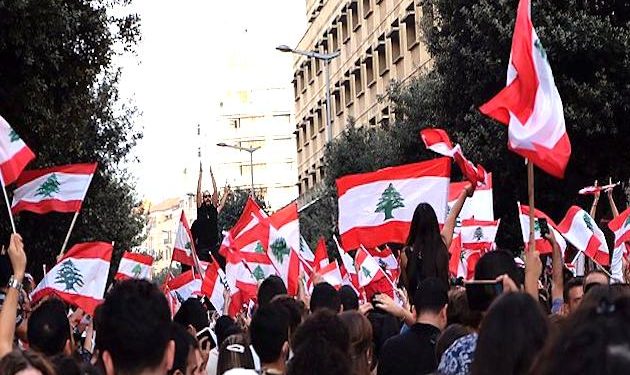- Protesting Lebanese took to the streets, lighting tires on fire and blocking roads throughout Lebanon to express their frustrations over the economic crisis riddling the nation
- The protests occurred days after the value of the country’s currency fell to never-before-seen levels
- The country’s economic downturn, which began two years ago, has driven over three-fourths of all Lebanese into poverty, as the value of the Lebanese pound fell more than 90 percent
BEIRUT, Lebanon: Protesting Lebanese took to the streets, lighting tires on fire and blocking roads throughout Lebanon to express their frustrations over the economic crisis riddling the nation.
The protests occurred days after the value of the country’s currency fell to never-before-seen levels.
The country’s economic downturn, which began two years ago, has driven over three-fourths of all Lebanese into poverty, as the value of the Lebanese pound fell more than 90 percent.
The country’s currency traded at over 25,000 to the U.S. dollar during the previous week, as compared to 1,500 to the dollar recorded two years ago.
Among other places, roads were blocked in Sidon, the capital Tripoli, and central Beirut.
Little progress in stabilizing the country has occurred since the Najib Mikati government came to power in September, after a year-long political stalemate where no functioning government existed, which further aggravated the downturn of the currency.
Meanwhile, reductions in state subsidies are being imposed on medicines, fuel, and others, thereby driving costs up as basic services, including healthcare, are collapsing.
The cabinet recently met with the prime objective of renewing discussions with the IMF that is deemed necessary for securing foreign assistance. However, a consensus had yet to be reached regarding important financial commitments, considered to be a prerequisite to commence talks.






